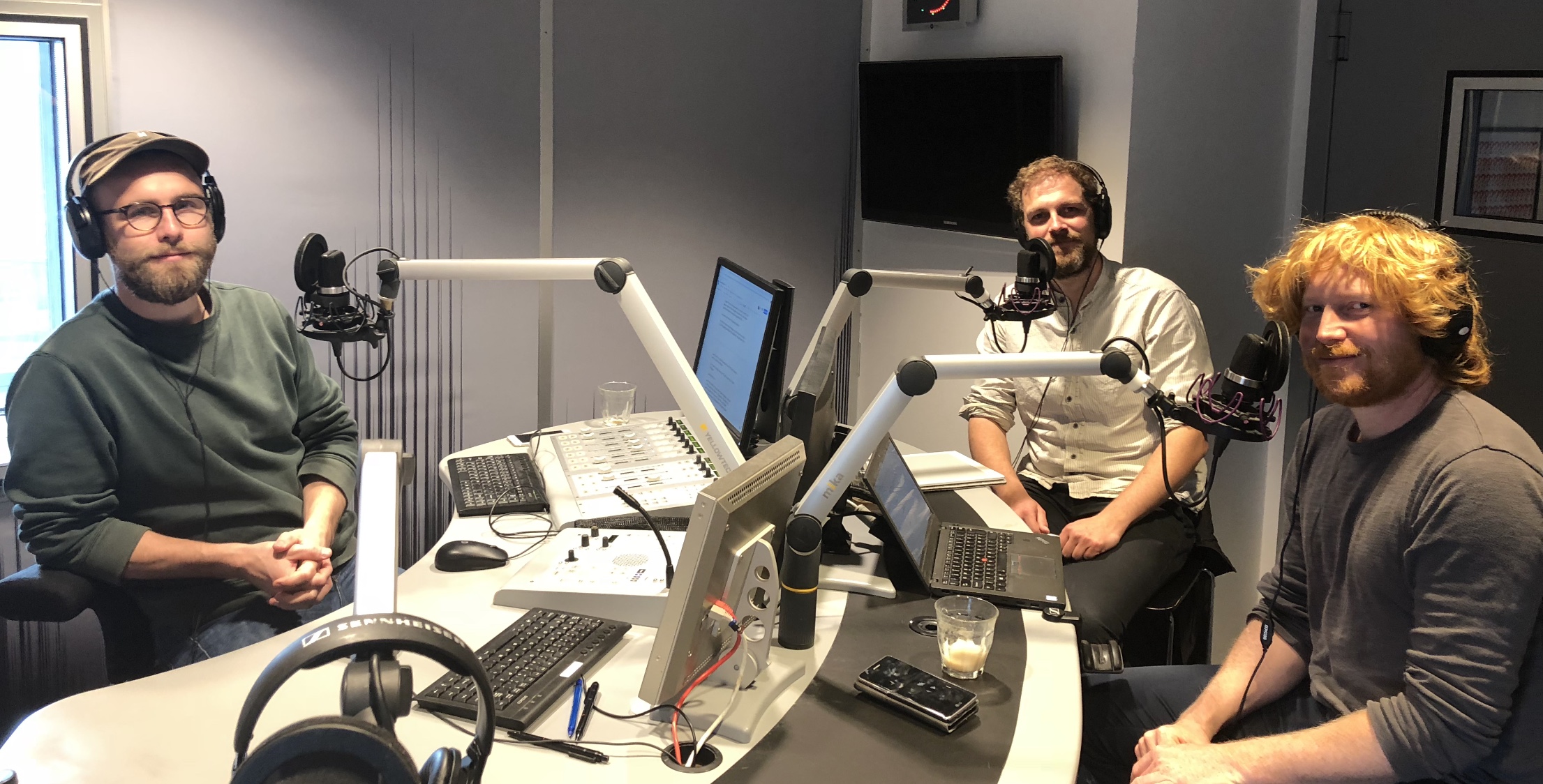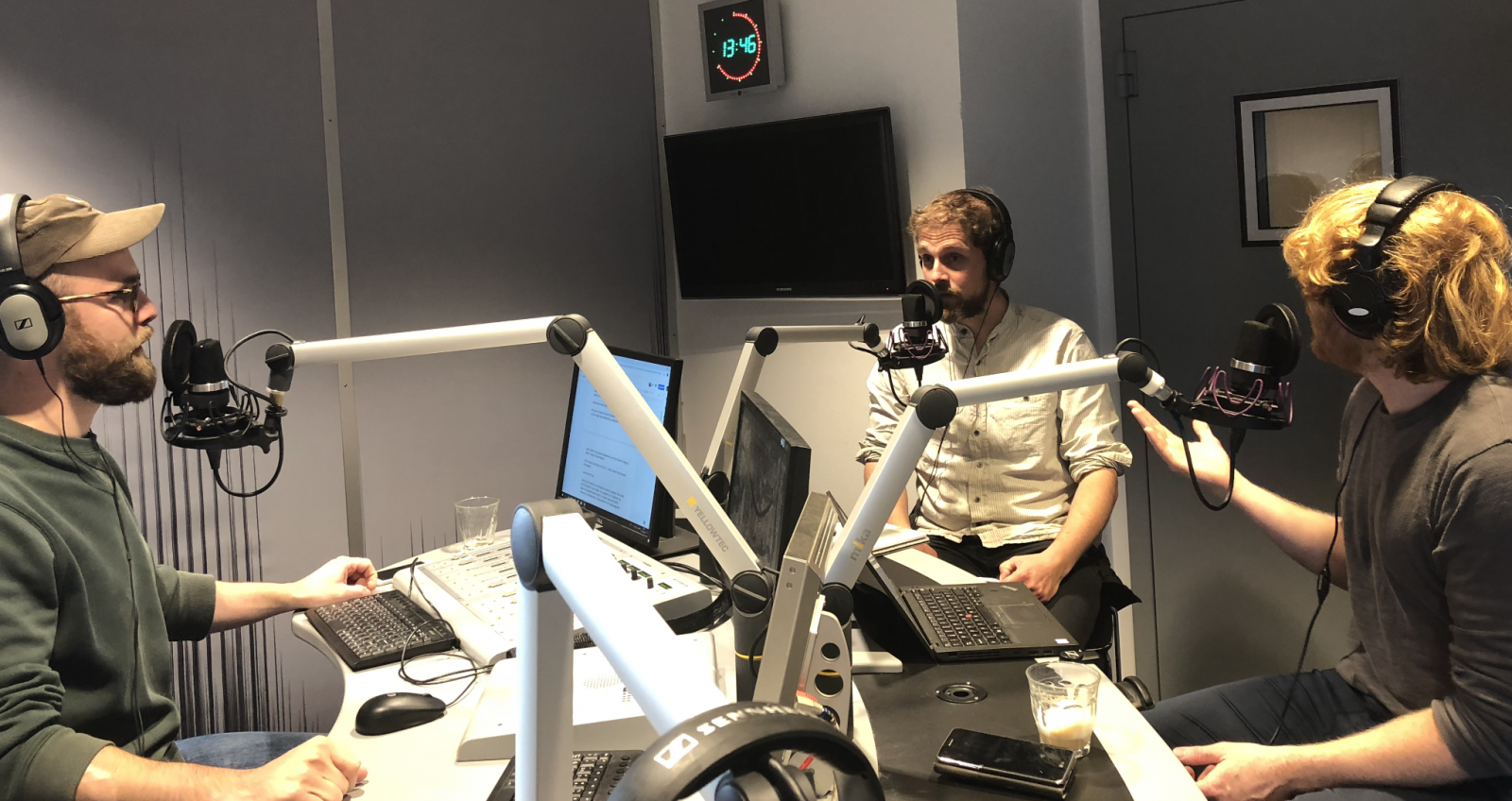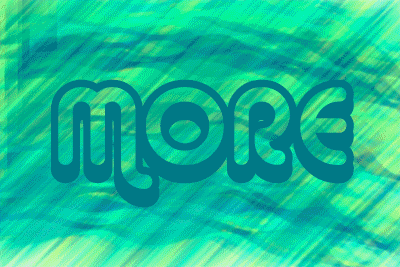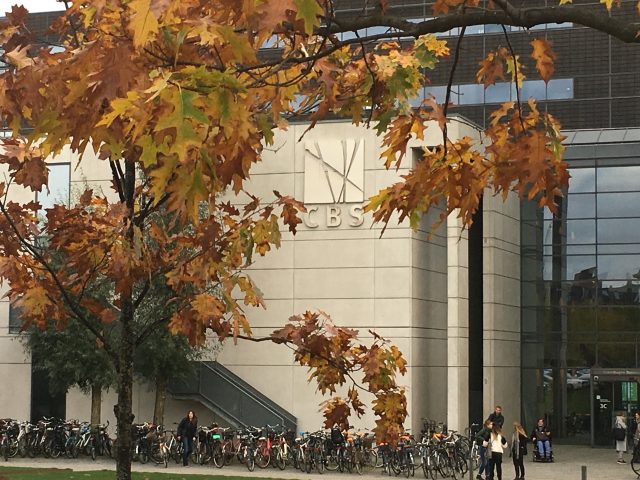Excited, gentle, hoarse, sarcastic: This is the sound of power

Researchers Anton Grau Larsen, Christoph Ellersgaard and Morten Fischer Sivertsen from CBS have investigated Denmark’s power elite for years. In a new podcast series on Radio24Syv, they explain their research and give listeners the unique opportunity to hear the voices of the most powerful people in Denmark.
The air is warm and dense in the tiny radio studio at Radio24Syv. Morten Fischer Sivertsen, Research Assistant, and Assistant Professors, Anton Grau Larsen and Christoph Ellersgaard, all from the Department of Organization at CBS, are laughing and joking as they finish up their three-hour recording session.
“Maybe we should consider having a feature called: What is Anton annoyed about this week?” says Morten Fischer Sivertsen into the microphone – which isn’t ‘on air’. Anton Grau Larsen and Christoph Ellersgaard both laugh.
The three researchers have just finished the latest episode of their new research podcast, Magtens Stemmer, which aired on Radio24Syv on August 31.
In the podcast, listeners are introduced to the voices of some of the most powerful people in Denmark through research interviews. In the podcast, the interviews are analyzed and discussed in order to paint a portrait of the person and the organization they are associated with.
But what exactly happens when you take three researchers, one of whom has broadcasting-expertise, and pack them into a radio studio?
“If it was just me and Christoph, it would become pretty boring, pretty quickly. It would just be a conversation between two people who have the same amount of knowledge. Morten, who also knows what we do, but has a journalistic background, sort of becomes the critical eye in this, and that really works,” says Anton Grau Larsen.
Morten Fischer Sivertsen adds:
“Research can become quite boring in itself, but if you partner it with journalism, which is more ‘fresh’, but also a bit fluffy, you get something, which is far more meaningful to a larger crowd,” he says.
The podcast teaches research method
Each episode revolves around one person from Denmark’s power elite and lasts about one hour. By the time the listener has heard the podcast in full, they would have learned at least three things, points out Christoph Ellersgaard.
“First of all, they get an idea of who this person is. But they also learn something about organizations, and how certain people and certain organizations are connected. Moreover, we try to teach listeners at least one theoretical term each time, and show them how research works methodically,” he says.
If we transcribed the interviews, you would lose a lot of valuable information hidden in the voice
Christoph Ellersgaard
On the subject of the research method, Anton Grau Larsen and Christoph Ellersgaard have done their research a little differently than most researchers – opting for qualitative data, such as interviews.
“For this research project, in which we try to map and understand the Danish power elite, we want to see how far we can take it in relation to sharing the data and material. And most of the interviewees were actually okay with having their interviews published,” says Anton Grau Larsen and continues:
“People are more outspoken than you think.”
Chrstoph Ellersgaard explains that, usually, when researchers use interviews as data, they keep them close and the interviewees are often anonymous.
“It wouldn’t make much sense here. I mean, we only have one prime minister. So based on descriptions, people would guess anyway. Furthermore, having the interviews recorded and in the public domain presents a whole new level of detail,” he says.
The voice is a treasure chest of information
Christoph Ellersgaard and Anton Grau Larsen have been interviewed several times about their research and the book ‘The Power Elite: How 423 Danes control the country’ (2015) at Radio24Syv. But one day they approached Mads Brügger, Head of Programs at Radio24Syv, with the idea of making it into a podcast, and he was “immediately hooked.”

“It didn’t take that much time to convince Mads Brügger about the idea of making it into a podcast. The idea of making interviews with some of the most powerful people in Denmark accessible, was actually enough,” says Morten Fischer Sivertsen, who has a background in sociology and journalism and was specifically hired to make idea come to fruition.
“We spent time making a dummy podcast, but I don’t think they actually ever heard it before they gave us the thumbs up,” he adds.
But why did they choose podcast as the platform? Why not TV or a newspaper column?
“We are all large-scale consumers of radio and podcasts. Plus it’s way cheaper to produce, more accessible, and it has a lot of the same features as TV,” says Christoph Ellersgaard and continues:
“If we transcribed the interviews, you would lose a lot of valuable information hidden in the voice.”
Christoph Ellersgaard mentions the interview with Thorkild E. Jensen, the former head of the trade union Dansk Metal.
“Thorkild E. Jensen is a quiet person from West Jutland, and it really shines through in the audio when he talks about how he navigates this network of power. It would take a pretty good journalist to write this part out. There’s a lot of valuable information hidden in the voice,” he says.
No hullabaloo
According to Christoph Ellersgaard, “no one has done this before.” And by this he means turning research into a podcast. So, what has the response been like?
“When you write a piece for a newspaper, you get a more immediate reaction in terms of comments, likes and shares. However, people don’t respond to podcasts in the same way. They just listen to it. But people from the building I live in say that they really liked it,” he says.
“No, you don’t get that much hullabaloo,” adds Anton Grau Larsen.
Since it is a podcast, which aims to broadcast research and research methods, some researchers have been curious about the method, explains Anton Grau Larsen.
“We’ve had researchers ask us whether the interviewees really wanted to be part of the project, knowing that it would be aired on the radio. And they were quite surprised that we’ve managed to do this. They think the power elite is way more closed than it actually is,” he says and continues:
“I mean it’s not much of what they tell us that’s not known to the public already. Which is why it’s important to have the names made public. They are relevant people, holding relevant positions.”
Pro podcast tips from Anton, Morten and Christoph
Morten Fischer Sivertsen is the one who controls the buttons when they record, and he is also in charge of editing the final podcasts for Radio24Syv. Something that Anton Grau Larsen and Christoph Ellersgaard are thrilled about, and it is also their first piece of advice to other researchers who want to make a podcast.
“Do yourself the favor and team up with someone who knows about journalism and radio broadcasting. And if you’re lucky, you find a guy like Morten who understands how research works and who can produce radio programs,” says Anton Grau Larsen.

Christoph Ellersgaard points to another aspect of producing a podcast.
“Remember that you have the final word when it comes to editing. You decide if something goes into the podcast or not, and this makes it easy to prioritize what’s important. But find yourself a good organizer who can tell you when it’s actually not important and only interesting for you as a researcher, but not for anyone else,” he says.
Morten Fischer Sivertsen highlights a more technical aspect.
“Make sure that the sound is great. Don’t record your podcast with a smartphone in an office made of glass,” he says.
The three researchers are close to being late for another meeting, but Christoph Ellersgaard squeezes in one last piece of advice.
“Speak like people think. Don’t speak like an academic because no one understands it, apart from academics. And don’t be afraid to paint a slightly caricatured picture. People can hear in your voice whether it is sarcastic or not. This detail would become lost in a written article and could easily be misunderstood,” he says, as they leave the canteen at Radio24Syv.
You can listen to all of the issued podcasts, which are in Danish, by Anton Grau Larsen, Christoph Ellersgaard and Morten Fischer Sivertsen right here: Magtens Stemmer





































































































































Comments